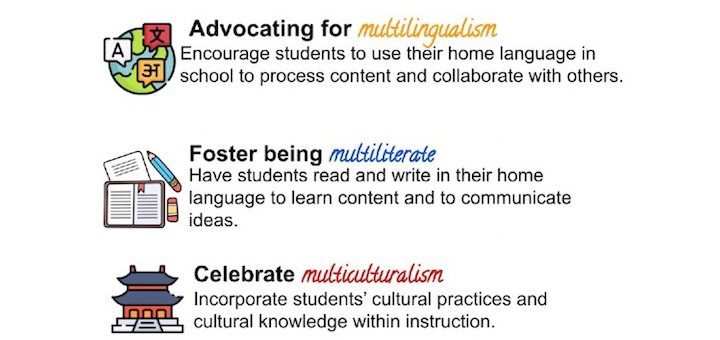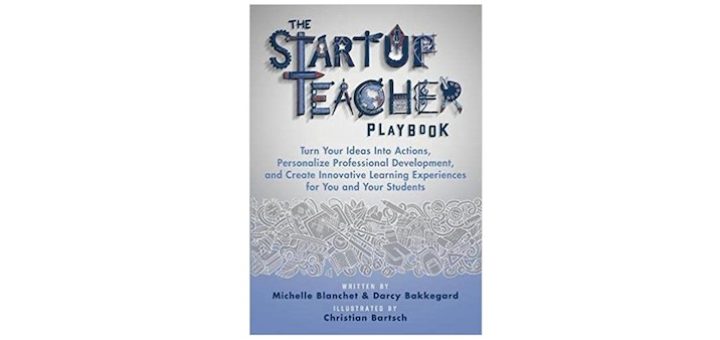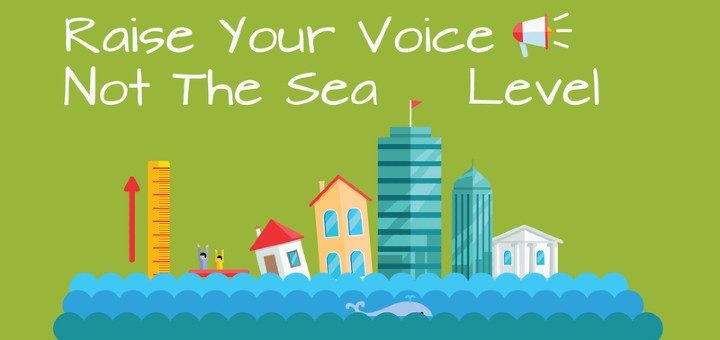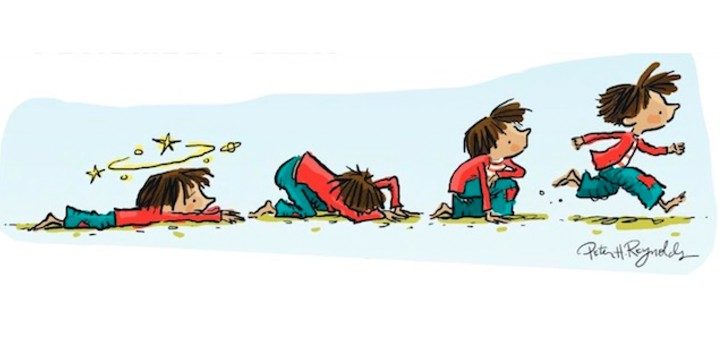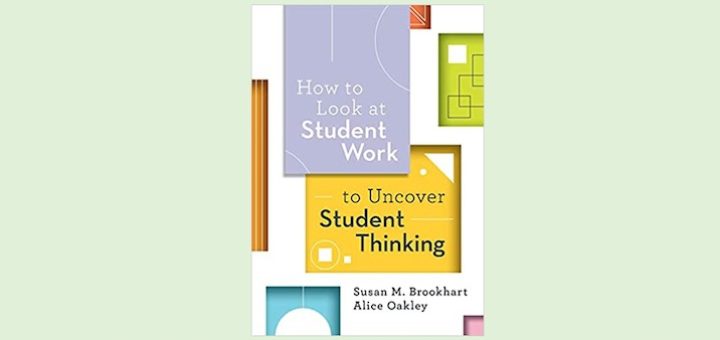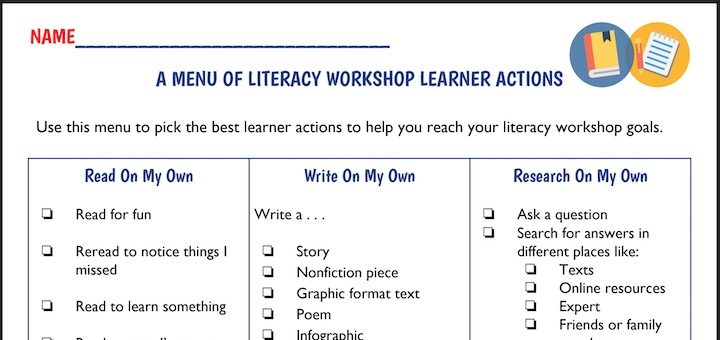Teaching and learning in grades 4-8
Drawing on a conversation with Dr. Brandon Beck, language specialist and co-teacher Tan Huynh highlights the roles monolingual educators have in advocating for multilingualism, fostering being multiliterate, and celebrating multiculturalism to support language learners.
Michelle Blanchet and Darcy Bakkegard offer teachers ways to turn ideas into actions, personalize professional development, and create innovative learning experiences for themselves and their students. Reviewer Linda Biondi highly recommends the book.
Did the sheer exhaustion of teaching in 2021-22 cause you to take a pass on some good but long MiddleWeb articles? Here are 18 insightful posts covering a wide range of topics that you might want to look over, in the calm before the next storm.
Letting Go Is Messy will explore ins and outs of gradually releasing responsibility. Join literacy coaches Sunday Cummins and Julie Webb as they blog about strategies to help teachers make the critical decisions necessary to nurture each student’s sense of agency and identity.
Many students don’t consider the source of media they consume on Instagram, TikTok, YouTube or elsewhere. Often they don’t consider the ramifications of spreading fake news or conspiracy theories. Frank Baker shares ways educators can make media literacy a classroom priority.
Because motivation is intrinsic, the two words Debbie Silver finds essential are ‘Empower Them.’ The teaching coach and bestselling author shares ways to help students grow into self-directed learners, using constructive feedback as the tool to help them see their growth.
With authors Susan Brookhart and Alice Oakley as guides, teachers can uncover the clues in student work, offer effective feedback, improve lessons and plan next steps, says reviewer and ELA/ELL teacher Josefine Carrion-Dreyer.
A writer’s notebook is a place to write down what you notice and don’t want to forget; a place to record your ideas and reactions to things. Most of all, it’s a place for students to take what they’ve learned in class and make it their own. It’s a place to live like a writer.
Idaho teacher educator Curtis Chandler sees several pandemic positives: Improved teacher attitudes towards digital tools; educators who are more skillful using and troubleshooting tech; and a significant shift toward teaching methods that better engage and involve students.
From a drawing to a book, Maria Walther and Karen Biggs-Tucker trace a 5th grader’s growing creativity, curiosity and individuality. Discover their innovative ways to streamline literacy instruction while offering students opportunities to follow individualized learning paths.

